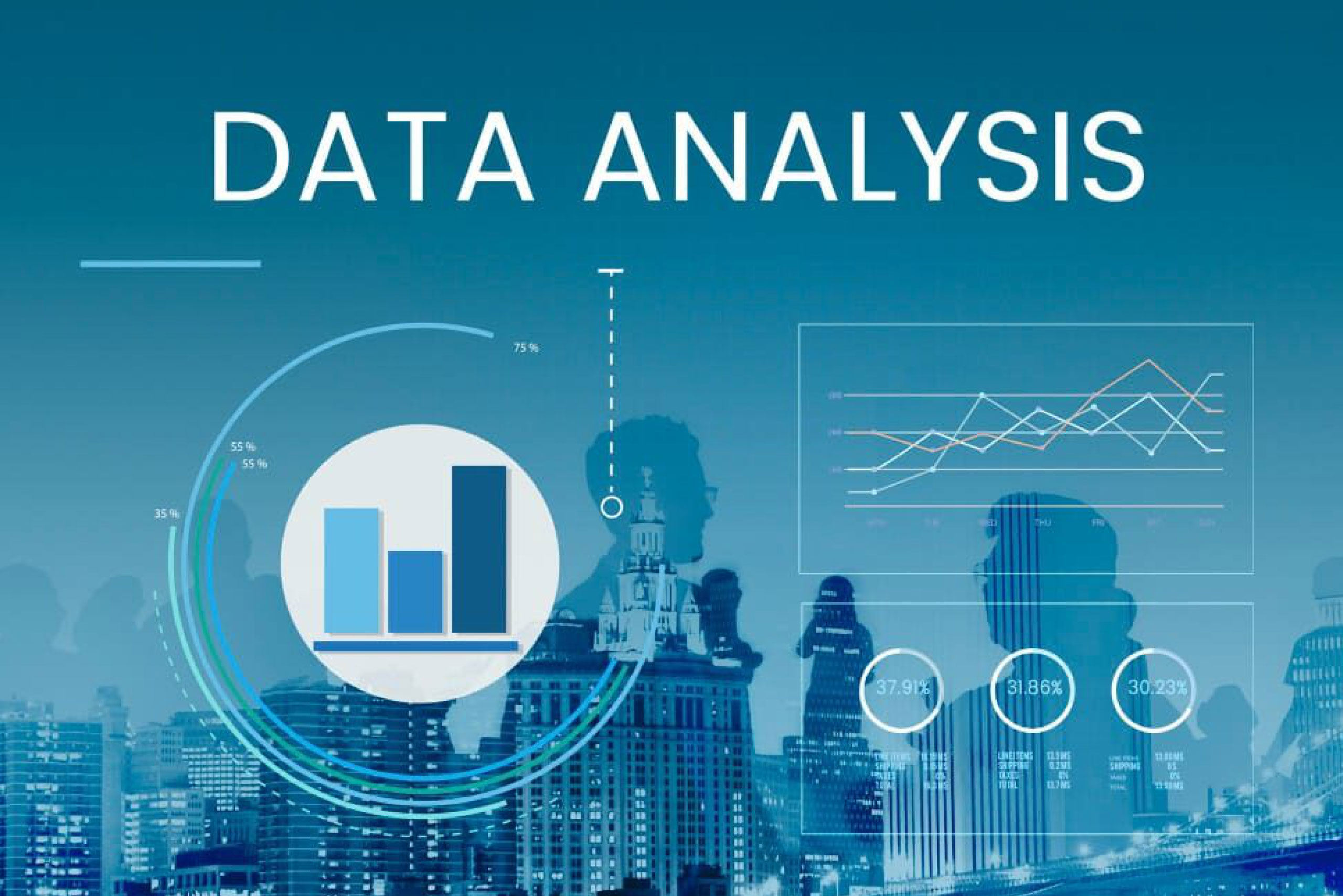
Durations: 40 hours
Lectures: 74
Students: Max 5
Level: All Levels
Language: English
Certificate: Yes
Data Analytics Training Course
Welcome to our comprehensive data analytics training course! Our expert instructors will guide you through the fundamentals of data analysis, statistics, data visualization, and more.
Download PDF
What Will I Learn?
-
Introduction to data analytics and data analysis

-
Statistics and Probability for data analysis

-
Data cleaning and preprocessing

-
Data visualization and storytelling

-
Exploratory data analysis

-
Predictive modeling

Course Schedule
-
2 Months Program

-
5 Sessions a Week

-
1 Hour for Each Session

-
The Next Session Begins Every Monday

ENROLL NOW
Access this course now
Material Includes
-
Certificate of Completion

-
Access on Mobile & Laptop

-
Notes

Audience
-
Aspiring Data Scientists

-
Business Analysts

-
Data Engineers

-
Software Developers

-
Anyone Interested in Working With Data

Course Content
Introduction to Programming Languages
Python Real-Time IDEs
Different Modes of Python
First Python Program
Python File Extensions
Python Data Types
Command Line Arguments
Python Operators
Control Statements
Strings
List Data Structure
Working with Python Arrays
Python Tuples
Set Collection
Dictionary Collection
Functions
Python Modules and Packages
OOPs – Classes & Objects
Exception Handling & Types of Errors
Regular Expressions
Files in Python
Date & Time Module
Python Data Base Communications(PDBC)
Data Analytics Modules
Python NumPy
Python Pandas
Introduction to Excel
Normal Functions
Depreciation
Graphical Representation
Percentage and Result Calculation
Salary Slip Sorting and Filters Cell Locking
Conditional Formatting
Types of If
Types of Lookup
Grouping and Subtotals
Pivot
Table
Short-Cut Keys
Introduction to Database
SQL Commands
SQL Keywords
Data Manipulation Language
Data Definition Language
Data Control Language
Transaction Control SQL Constraints
Data Integrity
Database Normalisation
SQL Operators
Data Types
SQL Keys & Functions
SQL Joins
Installation and Introduction of the Tool
Slicers Cards
Transformation of Data
Applying Filters (Basics & Advance)
Visualizing Graphs
Finding Best-Suited Graphs
Dashboard Designing
Visual Formatting
Extract Data
Combine Data Sources
Join Tables
Blend Data Sources
Discrete and Continuous Dates
Geographic Maps
Filled Maps
Mapping Options
Dashboard Design
Dashboards Actions
Dashboards
Tableau Data Source
Tableau Data Extract
Tableau Workbook
What is Data Analytics ?
Data analytics is the process of examining and interpreting large and complex data sets to discover valuable insights and information that can be used to inform business decisions. It involves applying statistical and computational methods to extract knowledge from data, identify patterns and trends, and develop predictive models.
Data analytics can be used in various fields such as business, healthcare, finance, marketing, and science, among others. It involves gathering and organizing data, cleaning and preparing it for analysis, applying appropriate statistical and machine learning algorithms, and communicating the insights gained from the analysis to stakeholders.
Data analytics is becoming increasingly important in today's digital age, where organizations are generating and collecting vast amounts of data, often in real-time. By analyzing this data, businesses can make data-driven decisions, optimize operations, and gain a competitive advantage in the market.
Read More
Career Growth In The Field Of Data Analytics ?
The field of data analytics offers tremendous career growth opportunities due to the increasing demand for professionals with data skills across various industries. Below are some of the career growth opportunities in the field of data analytics:
Data Analyst: A data analyst is responsible for collecting, processing, and performing statistical analysis on data. This role typically requires knowledge of data analysis tools and techniques, such as SQL, Excel, and statistical programming languages like Python or R.
Data Scientist: A data scientist is responsible for using advanced statistical and machine learning techniques to extract insights from data. This role typically requires a strong background in computer science, mathematics, and statistics.
Business Intelligence Analyst: A business intelligence analyst is responsible for analyzing business data to provide insights that inform business decisions. This role requires knowledge of data visualization tools, such as Tableau or Power BI, and the ability to communicate insights effectively to stakeholders.
Data Engineer: A data engineer is responsible for designing, building, and maintaining the infrastructure required to support data analytics. This role requires knowledge of data warehousing, data integration, and data pipelines.
Data Architect: A data architect is responsible for designing and implementing the overall data architecture for an organization. This role requires knowledge of database design, data modeling, and data governance.
Overall, there are many opportunities for career growth in the field of data analytics, and the demand for data professionals is expected to continue to grow in the coming years. As the field evolves, there may be new roles and specializations that emerge, creating even more opportunities for professionals with data skills.
Read More
Difference Between Data Analytics Course & Data Science Course ?
Data Analytics and Data Science are two distinct fields, although they share some similarities. Here are some key differences between Data Analytics Course and Data Science Course:
Focus: Data Analytics focuses on examining and interpreting past data to identify trends, patterns and insights that can help organizations make informed decisions. Data Science, on the other hand, involves both the analysis of past data as well as the creation of predictive models that can be used to forecast future trends and outcomes.
Skills: Data Analytics courses typically focus on skills such as data visualization, SQL, Excel, and basic statistical analysis. Data Science courses, on the other hand, are more focused on advanced statistical and machine learning techniques, such as regression analysis, clustering, decision trees, and neural networks.
Scope: Data Analytics courses are generally more limited in scope, focusing primarily on using data to inform business decisions. Data Science courses are broader in scope, covering a wider range of topics such as data mining, big data, deep learning, and natural language processing.
Tools and Technologies: Data Analytics courses typically use tools and technologies such as Excel, Tableau, and SQL. Data Science courses, on the other hand, typically use more advanced tools and technologies such as Python, R, Hadoop, and Spark.
Career Opportunities: While there is some overlap in career opportunities between Data Analytics and Data Science, they do offer different career paths. Data Analytics roles may include Data Analyst, Business Intelligence Analyst, or Data Visualization Specialist, while Data Science roles may include Data Scientist, Machine Learning Engineer, or Deep Learning Engineer.
Overall, while there is some overlap between the two fields, Data Analytics and Data Science are distinct areas of study, with different focuses, skillsets, and career opportunities.
Read More



















